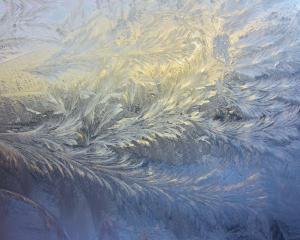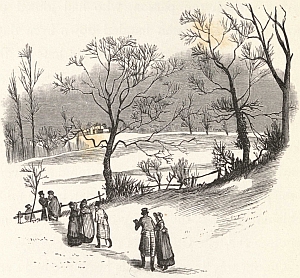31 December 2020
Afresh.
The object of a New Year is not that we should have a new year. It is that we should have a new soul and a new nose; new feet, a new backbone, new ears, and new eyes. Unless a particular man made New Year resolutions, he would make no resolutions. Unless a man starts afresh about things, he will certainly do nothing effective.
G.K. Chesterton
Daley, "Upon Your Heart"
The Pembroke College Chapel Choir and Girls' Choir perform, conducted by Anna Lapwood ...
The amount of growth that music and art instructors are able help young people achieve always sets the standard.
Well.
MERLIN'S SONG
I
Or Merlin wise I learned a song,—
Sing it low or sing it loud,
It is mightier than the strong,
And punishes the proud.
I sing it to the surging crowd,—
Good men it will calm and cheer,
Bad men it will chain and cage—
In the heart of the music peals a strain
Which only angels hear;
Whether it waken joy or rage
Hushed myriads hark in vain,
Yet they who hear it shed their age,
And take their youth again.
II
Hear what British Merlin sung,
Of keenest eye and truest tongue.
Say not, the chiefs who first arrive
Usurp the seats for which all strive;
The forefathers this land who found
Failed to plant the vantage-ground;
Ever from one who comes to-morrow
Men wait their good and truth to borrow.
But wilt thou measure all thy road,
See thou lift the lightest load.
Who has little, to him who has less, can spare,
And thou, Cyndyllan's son! beware
Ponderous gold and stuffs to bear,
To falter ere thou thy task fulfil,—
Only the light-armed climb the hill.
The richest of all lords is Use,
And ruddy Health the loftiest Muse.
Live in the sunshine, swim the sea,
Drink the wild air's salubrity:
When the star Canope shines in May,
Shepherds are thankful and nations gay.
The music that can deepest reach,
And cure all ill, is cordial speech:
Mask thy wisdom with delight,
Toy with the bow, yet hit the white.
Of all wit's uses, the main one
Is to live well with who has none.
Ralph Waldo Emerson
Happy Birthday, Matisse.
Henri Matisse was born on this day in 1869.
What's so astonishing about not understanding? There are so many things in art, beginning with art itself, that one doesn't understand. A painter doesn't see everything that he has put in his painting.
Henri Matisse
Atomistic.
I do not, in short, myself believe it is in the least bit undignified to confess to having been critically influenced in one's thinking by a teacher, or a faculty, or a book; but the accent these days is so strong on atomistic intellectual independence that to suggest such a thing is, as I have noted, highly inflammatory.
William F. Buckley Jr., from Up From Liberalism
Purcell, Oedipus, Z. 583
Mireille Asselin performs "Music for a While," accompanied by Lucas Harris ...
World.
In the absence of organized religion, the only vehicle for redemption is art - not just the fragmentary arts of painting or music or poetry, but the kind of art that creates a whole world in itself and in that world we see ourselves reflected and see our religious life perfected.
Sir Roger Scruton
30 December 2020
RUSH, "A Farewell to Kings"
Beating down the multitude
And scoffing at the wise
Whoa, can't we raise our eyes
And make a start?
Can't we find the minds
To lead us closer to the heart?
Rock.
You can tell me that I’ve got no class
Look around you'll see who’s laughing last
Don’t give me speeches ’cause they’re oh so droll
Leave me alone and let me rock and roll
Reaches.
Beauty is a value, as important as truth and goodness. The beautiful work of art brings consolation in sorrow and affirmation in joy. It shows human life to be worthwhile. Wherever beauty lies in wait for us, the desire to preempt its appeal can intervene, ensuring that its still small voice will not be heard behind the scenes of desecration. For beauty makes a claim on us: it is a call to renounce our narcissism and look with reverence in the world.
Beauty can be consoling, disturbing, sacred, profane; it can be exhilarating, appealing, inspiring, chilling. It can affect us in an unlimited variety of ways. Yet it is never viewed with indifference: beauty demands to be noticed; it speaks to us directly like the voice of an intimate friend. If there are people who are indifferent to beauty, then it is surely because they do not perceive it.
According to many philosophers and anthropologists, however, the experience of the sacred is a universal feature of the human condition, and therefore not easily avoided. For the most part our lives are organized by transitory purposes. But few of these purposes are memorable or moving to us. Every now and then we are jolted out of our complacency, and feel ourselves to be in the presence of something vastly more significant than our present interests and desires. We sense the reality of something precious and mysterious, which reaches out to us with a claim that is in some way not of this world.
Sir Roger Scruton, from Beauty
Through.
When the flush of a new-born sun fell first on Eden's green and gold,
Our father Adam sat under the Tree and scratched with a stick in the mould;
And the first rude sketch that the world had seen was joy to his mighty heart,
Till the Devil whispered behind the leaves, "It's pretty, but is it Art ?"
Wherefore he called to his wife, and fled to fashion his work anew -
The first of his race who cared a fig for the first, most dread review;
And he left his lore to the use of his sons -- and that was a glorious gain
When the Devil chuckled "Is it Art ?" in the ear of the branded Cain.
They fought and they talked in the North and the South, they talked and
they fought in the West,
Till the waters rose on the pitiful land, and the poor Red Clay had rest -
Had rest till that dank blank-canvas dawn when the dove was preened to start,
And the Devil bubbled below the keel: "It's human, but is it Art ?"
They builded a tower to shiver the sky and wrench the stars apart,
Till the Devil grunted behind the bricks: "It's striking, but is it Art ?"
The stone was dropped at the quarry-side and the idle derrick swung,
While each man talked of the aims of Art, and each in an alien tongue.
The tale is as old as the Eden Tree - and new as the new-cut tooth -
For each man knows ere his lip-thatch grows he is master of Art and Truth;
And each man hears as the twilight nears, to the beat of his dying heart,
The Devil drum on the darkened pane: "You did it, but was it Art ?"
We have learned to whittle the Eden Tree to the shape of a surplice-peg,
We have learned to bottle our parents twain in the yolk of an addled egg,
We know that the tail must wag the dog, for the horse is drawn by the cart;
But the Devil whoops, as he whooped of old: "It's clever, but is it Art ?"
When the flicker of London sun falls faint on the Club-room's green and gold,
The sons of Adam sit them down and scratch with their pens in the mould -
They scratch with their pens in the mould of their graves, and the ink and the anguish start,
For the Devil mutters behind the leaves: "It's pretty, but is it Art ?"
Now, if we could win to the Eden Tree where the Four Great Rivers flow,
And the Wreath of Eve is red on the turf as she left it long ago,
And if we could come when the sentry slept and softly scurry through,
By the favour of God we might know as much - as our father Adam knew!
Rudyard Kipling
Accepts.
Gorey, A Future Unremembered Poet of the Seventeenth Century Accepts a Christmas Cookie from the Great Veiled Bear, 1961
Papery.
Wyeth, Dead of Winter, 1942
SNOW
The dreamed Christmas,
flakes shaken out of silences so far
and starry we can’t sleep for listening
for papery rustles out there in the night
and wake to find our ceiling glimmering,
the day a psaltery of light.
So we’re out over the snow fields
before it’s all seen off with a salt-lick
of Atlantic air, then home at dusk, snow-blind
from following chains of fox and crow and hare,
to a fire, a roasting bird, a ringing phone,
and voices wondering where we are.
A day foretold by images
of glassy pond, peasant and snowy roof
over the holy child iconed in gold.
Or women shawled against the goosedown air
pleading with soldiers at a shifting frontier
in the snows of television,
while in the secret dark a fresh snow falls
filling our tracks with stars.
Gillian Clarke
Happy Birthday, Kipling
Rudyard Kipling was born on this day in 1865.
The BELL BUOY
They christened my brother of old—
And a saintly name he bears—
They gave him his place to hold
At the head of the belfry-stairs,
Where the minster-towers stand
And the breeding kestrels cry.
Would I change with my brother a league inland?
(Shoal! ’Ware shoal!) Not I !
In the flush of the hot June prime,
O’er sleek flood-tides afire,
I hear him hurry the chime
To the bidding of checked Desire;
Till the sweated ringers tire
And the wild bob-majors die.
Could I wait for my turn in the godly choir?
(Shoal! ’Ware shoal!) Not I!
When the smoking scud is blown—
When the greasy wind-rack lowers—
Apart and at peace and alone,
He counts the changeless hours.
He wars with darkling Powers
(I war with, a darkling sea);
Would he stoop to my work in the gusty mirk?
(Shoal! ’Ware shoal!) Not he!
There was never a priest to pray,
There was never a hand to toll,
When they made me guard of the bay,
And moored me over the shoal.
I rock, I reel, and I roll—
My four great hammers ply—
Could I speak or be still at the Church’s will?
(Shoal! ’Ware shoal!) Not I!
The landward marks have failed,
The fog-bank glides unguessed,
The seaward lights are veiled,
The spent deep feigns her rest:
But my ear is laid to her breast,
I lift to the swell—I cry!
Could I wait in sloth on the Church’s oath?
(Shoal! ’Ware shoal!) Not I!
At the careless end of night
I thrill to the nearing screw;
I turn in the clearing light
And I call to the drowsy crew;
And the mud boils foul and blue
As the blind bow backs away.
Will they give me their thanks if they clear the banks?
(Shoal! ’Ware shoal!) Not they!
The beach-pools cake and skim,
The bursting spray-heads freeze,
I gather on crown and rim
The grey, grained ice of the seas,
Where, sheathed from bitt to trees,
The plunging colliers lie.
Would I barter my place for the Church’s grace?
(Shoal! ’Ware shoal!) Not I!
Through the blur of the whirling snow,
Or the black of the inky sleet,
The lanterns gather and grow,
And I look for the homeward fleet.
Rattle of block and sheet—
‘Ready about—stand by!’
Shall I ask them a fee ere they fetch the quay?
(Shoal! ’Ware shoal!) Not I!
I dip and I surge and I swing
In the rip of the racing tide,
By the gates of doom I sing,
On the horns of death I ride.
A ship-length overside,
Between the course and the sand,
Fretted and bound I bide
Peril whereof I cry.
Would I change with my brother a league inland?
(Shoal! ’Ware shoal!) Not I!
Rudyard Kipling
29 December 2020
Nourishment.
The field and forest of my youth, 1967 to 1977 ...
Perfect beings, never dreamed of,
Will present themselves for your experiments.
The curiosity of ancient crowds
And idle wealth will meditatively draw near.
Your memory and your senses
Will be simply the nourishment of your creative impulse.
As for the world, when you emerge, what will it have become?
In any case, nothing of what it seems at present.
Arthur Rimbaud
Discover.
Liberals claim to want to give a hearing to other views, but then are shocked and offended to discover that there are other views.
William F. Buckley Jr.
Never fails.
28 December 2020
Onward.
In Winter my beloved is among
the animals in the forest.
I must return before morning,
the vixen knows this and laughs.
How the clouds shiver! And onto
my snowy collar falls
another layer of brittle ice.
In Winter my beloved is
a tree among trees and she invites
down-on-their-luck crows
into her lovely branches. She knows
when light breaks, the wind
lifts her crisp frost-filled
evening gown and chases me home.
In Winter my beloved
is among the fish and silent.
Slave to the waters, the line
of their fins inwardly moves,
I stay on the shore and watch
how she dives and turns
until the ice-floes force me away.
And hit again by the hunting cry
Of a bird whose wings stiffen
Over me, I fall
On the open field: she rips
The feathers from hens and throws me
A white collarbone. I place it round my neck
And go onward through the acrid feathers ...
I have seen the land of fog.
I have eaten the heart of fog.
Ingeborg Bachmann
Messengers.
At dawn I have birds, clearly divine messengers that I don't understand yet day by day feel the grace of their intentions.
Jim Harrison, from "Age Sixty-Nine" from In Search of Small Gods
Surprise.
Maybe you have seen
the shape of a tree
shimmer and fly apart
as a flock of birds.
Maybe you have heard
birds awaken a landscape
into a dream. Maybe for you
it became a way of knowing
how the notes in their throats
pulse an afternoon, measure
distance, reveal a hidden
grid of a thousand kingdoms
calling, responding. If you have
seen a sudden meteor streak
the night too brief for wishes
then you know the way
the sky can surprise.
Amy Sage Webb Baza
Simply.
Dahl, Cloud Study, 1832
There are poems
that are never written,
that simply move across
the mind
like skywriting
on a still day:
slowly the first word
drifts west,
the last letters dissolve
on the tongue.
Linda Pastan
27 December 2020
Experiences.
There is divine beauty in learning. To learn means to accept the postulate that life did not begin at my birth. Others have been here before me, and I walk in their footsteps. The books I have read were composed by generations of fathers and sons, mothers and daughters, teachers and disciples. I am the sum total of their experiences, their quests. And so are you.
Elie Wiesel
Dreams.
de Braekeleer, The Entrance of the Painter’s House, 1866
We comfort ourselves by reliving memories of protection. Something closed must retain our memories, while leaving them their original value as images. Memories of the outside world will never have the same tonality as those of home and, by recalling these memories, we add to our store of dreams; we are never real historians, but always near poets, and our emotion is perhaps nothing but an expression of a poetry that was lost.
Gaston Bachelard, from The Poetics of Space
Art.
The fussy commander, who is for ever interfering in the province of his subordinates, will never train others in the art of command.
Field Marshal Viscount Bernard Montgomery
26 December 2020
Somehow.
Every small boy rises from his bed of a morning charged with a definite quantity of devilry; and this, if he is to sleep the sound sleep of health, he has got to work off somehow before bedtime.
P.G. Wodehouse, from The Little Nugget
Be.
Be careful what you get good at doing because you'll be doing it for the rest of your life. When you are the one throwing the party every night, emptying the ashtrays, making sure the tonic is cold, the limes fresh, the shifts covered, the meat perfectly cooked and adequately rested, the customers carefree and the employees calm and confident, it will leave its marks. Someone has to stay in the kitchen and do the bones of the thing, to make sure it stands up, and if it’s you, so be it.
Gabrielle Hamilton, from Blood, Bones, and Butter: The Inadvertent Education of a Reluctant Chef
Wind.
This evening's Yule festivities recognize the giant of the North Wind, Kári, the Norse god of snow, frost, and storms ...
The smell of ice, the croaks of ravens,Vidhrir´s chill: These I bring.
Cook a hunk of meat over an open fire, put your face into the wind, and toast a draft of Fidelitas Obstler to The Bringer of Bitter Bizzards.
Happy Birthay, Farrar
"Buzz & Grind," with Gob Iron ...
"True to Life," with Son Volt ...
"Vitamins" ...
"Sinking Down" with Son Volt ...
25 December 2020
Full.
It is the life of the crystal, the architect of the flake, the fire of the frost, the soul of the sunbeam. This crisp winter air is full of it.
John Burroughs
Festival.
The 1954 service of the Festival of Lessons and Carols, from King's College Chapel, in Cambridge, England ...
Stand.
The parson gave us a most erudite sermon on the rites and ceremonies of Christmas, and the propriety of observing it not merely as a day of thanksgiving, but of rejoicing; supporting the correctness of his opinions by the earliest usages of the Church, and enforcing them by the authorities of Theophilus of Cesarea, St. Cyprian, St. Chrysostom, St. Augustine, and a cloud more of Saints and Fathers, from whom he made copious quotations. I was a little at a loss to perceive the necessity of such a mighty array of forces to maintain a point which no one present seemed inclined to dispute; but I soon found that the good man had a legion of ideal adversaries to contend with; having in the course of his researches on the subject of Christmas, got completely embroiled in the sectarian controversies of the Revolution, when the Puritans made such a fierce assault upon the ceremonies of the Church, and poor old Christmas was driven out of the land by proclamation of parliament. The worthy parson lived but with times past, and knew but a little of the present.
Shut up among worm-eaten tomes in the retirement of his antiquated little study, the pages of old times were to him as the gazettes of the day; while the era of the Revolution was mere modern history. He forgot that nearly two centuries had elapsed since the fiery persecution of poor mince-pie throughout the land; when plum-porridge was denounced as "mere popery," and roast beef as antichristian; and that Christmas had been brought in again triumphantly with the merry court of King Charles at the Restoration. He kindled into warmth with the ardour of his contest, and the host of imaginary foes with whom he had to combat; had a stubborn conflict with old Prynne and two or three other forgotten champions of the Roundheads, on the subject of Christmas festivity; and concluded by urging his hearers, in the most solemn and affecting manner, to stand to the traditionary customs of their fathers, and feast and make merry on this joyful anniversary of the Church.
Washington Irving, from "Christmas Day" in Old Christmas




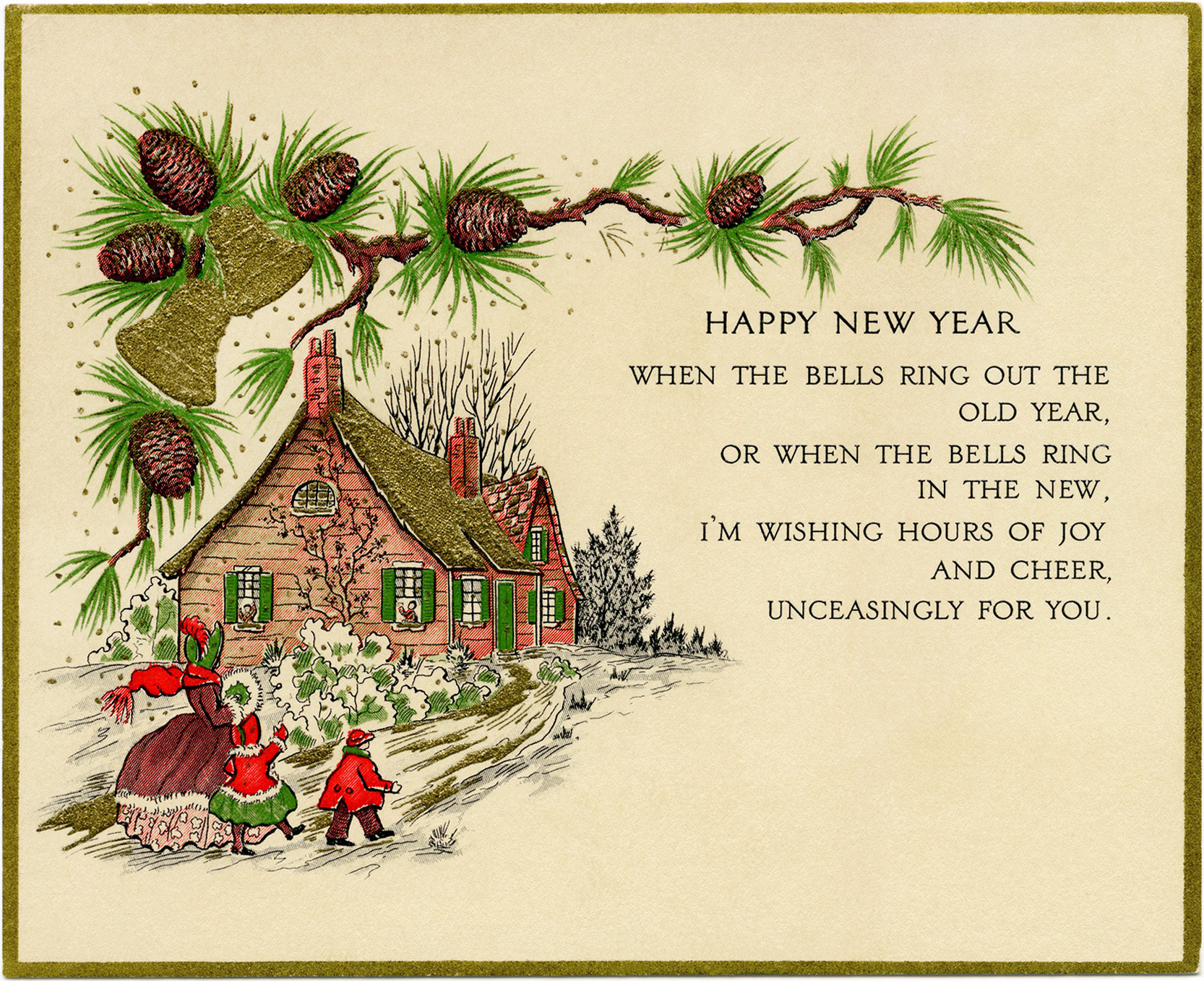
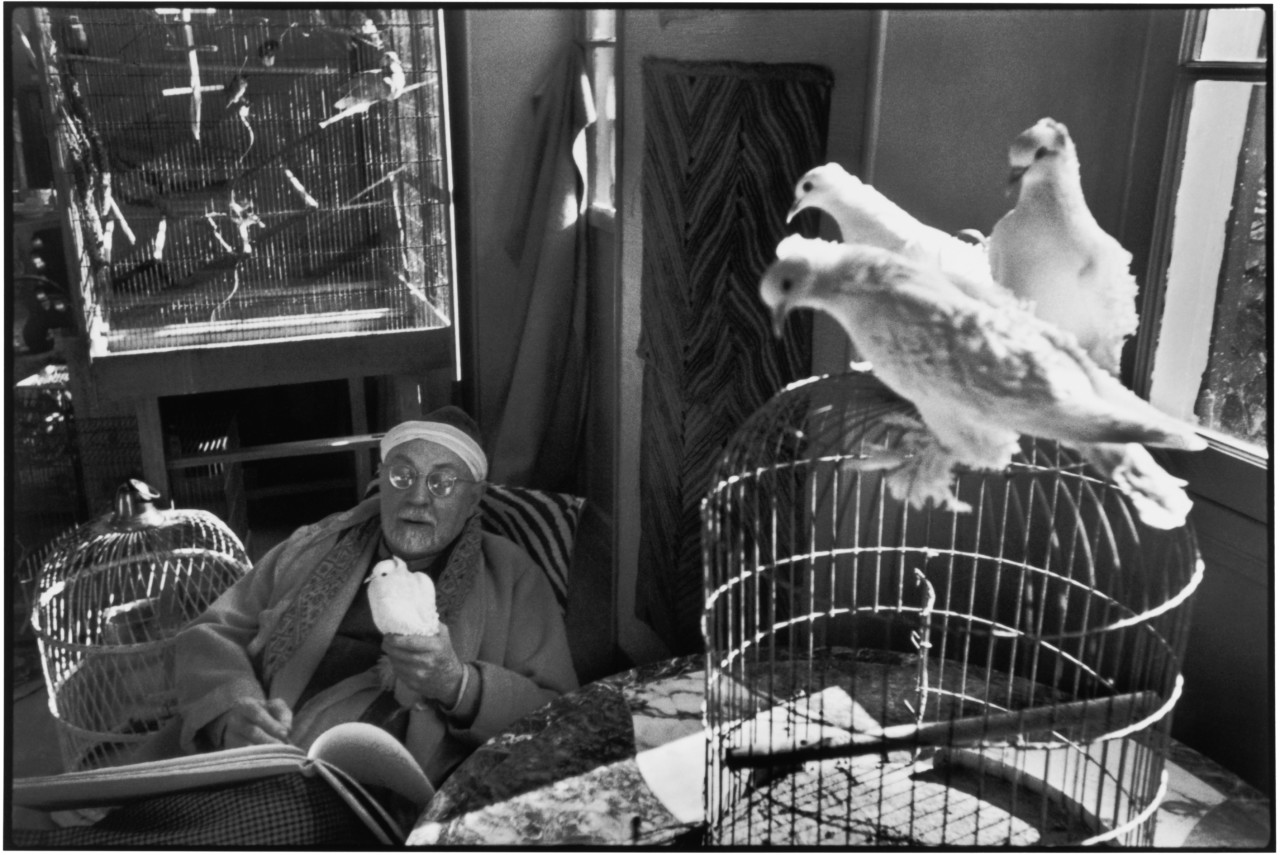
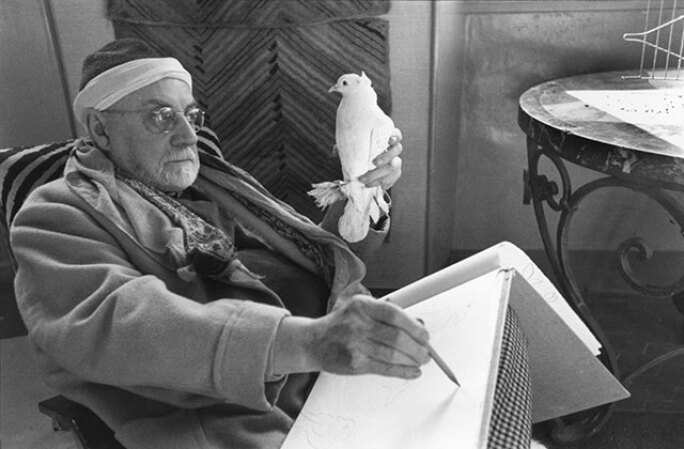

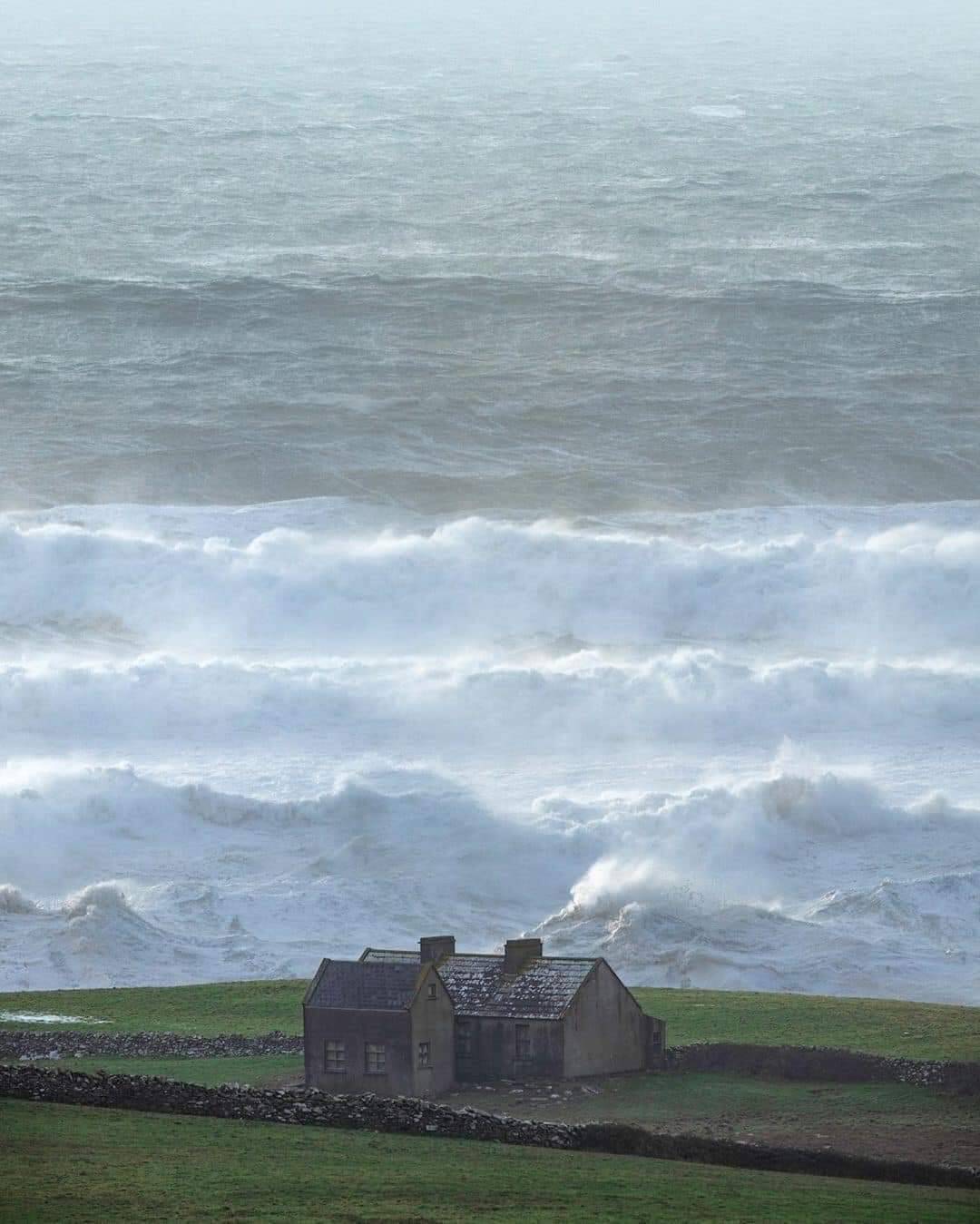
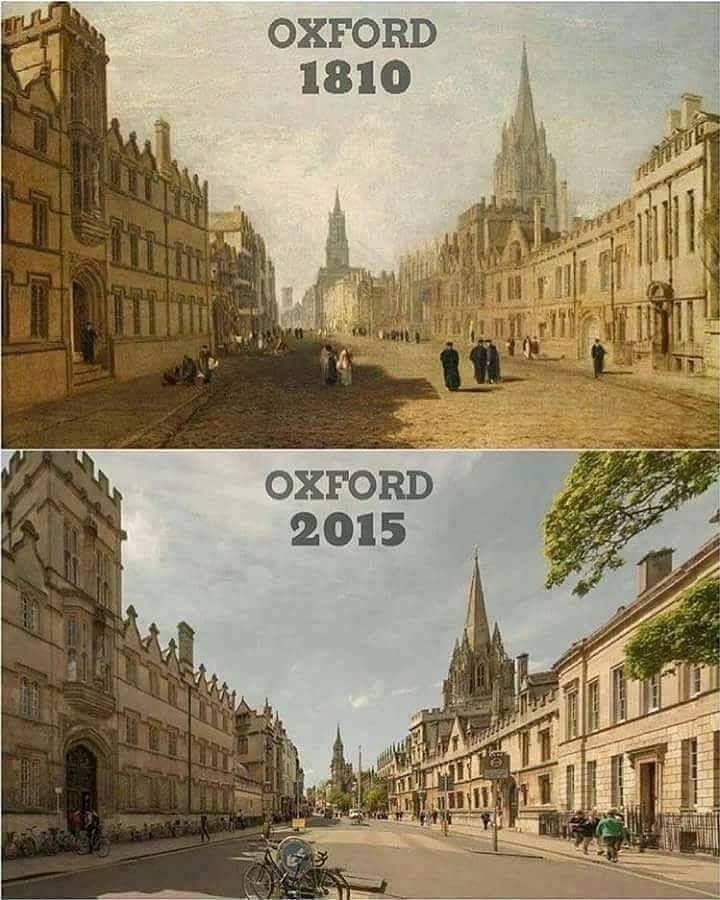







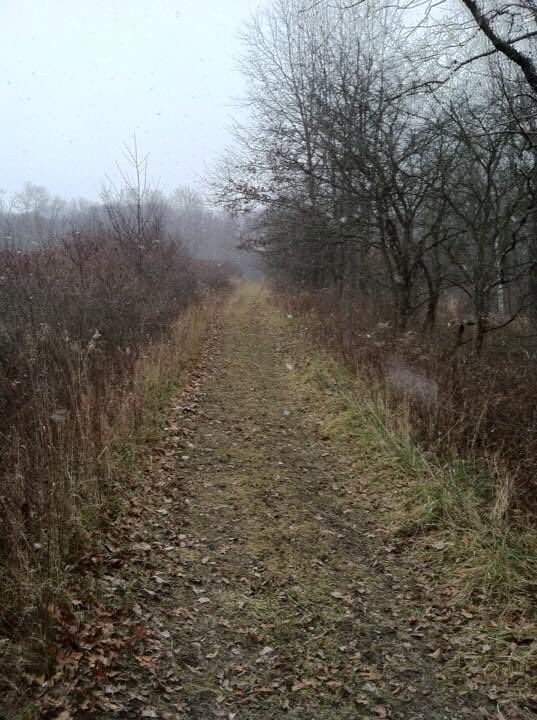
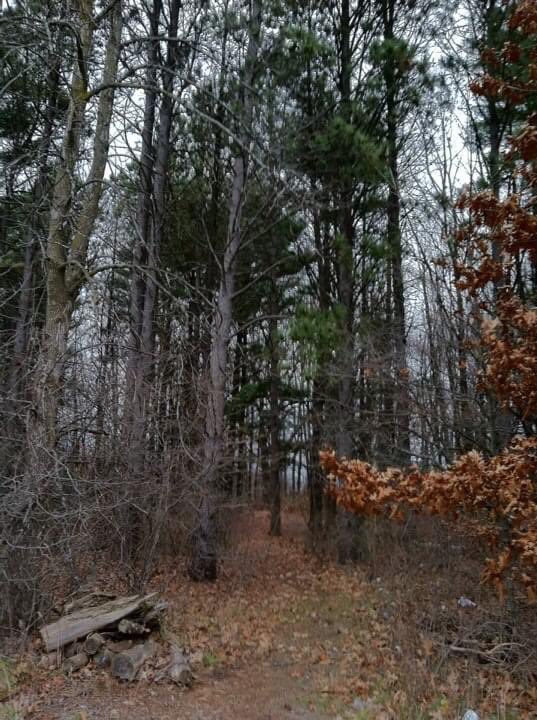
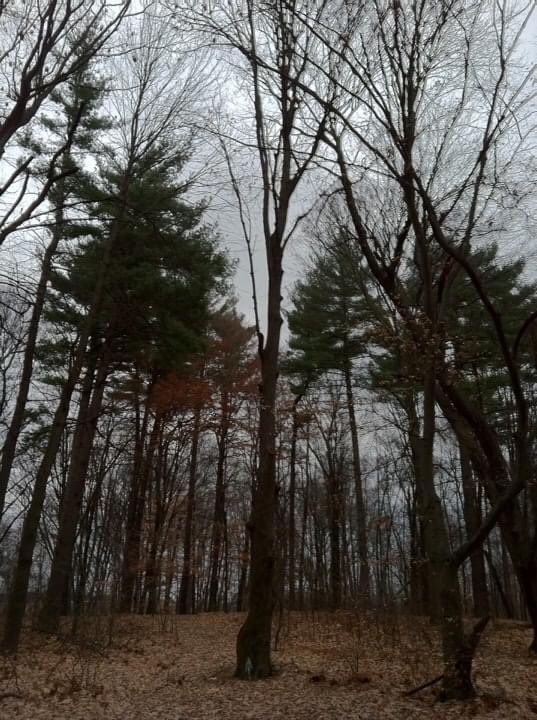
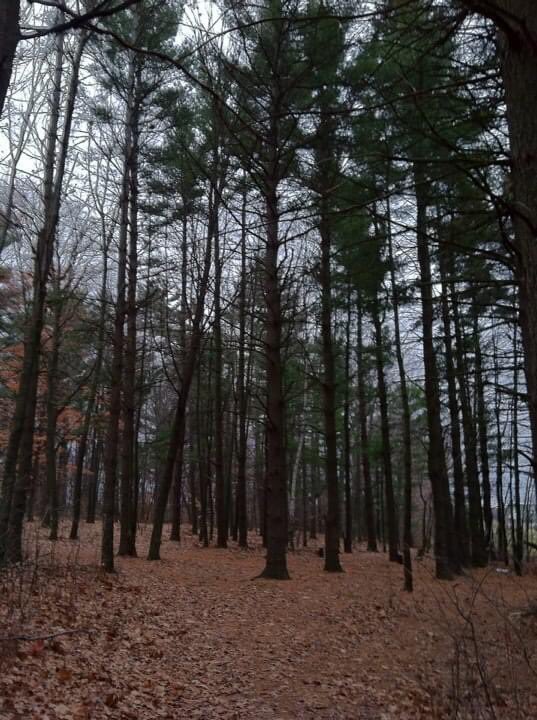

:format(jpeg):mode_rgb():quality(90)/discogs-images/R-2328981-1288904323.jpeg.jpg)
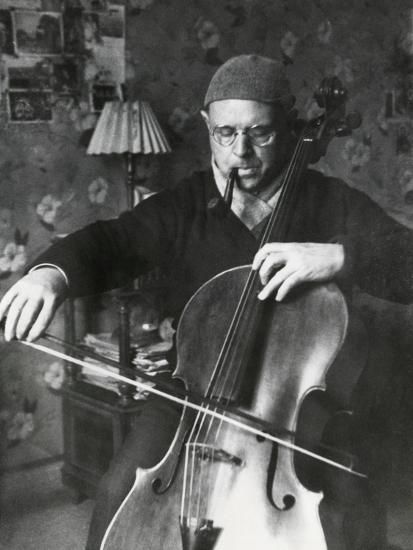










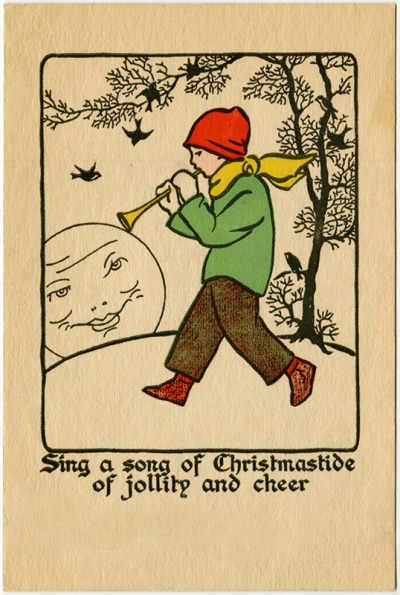
.jpg)



_0.jpg?itok=EBXjWmKG)



